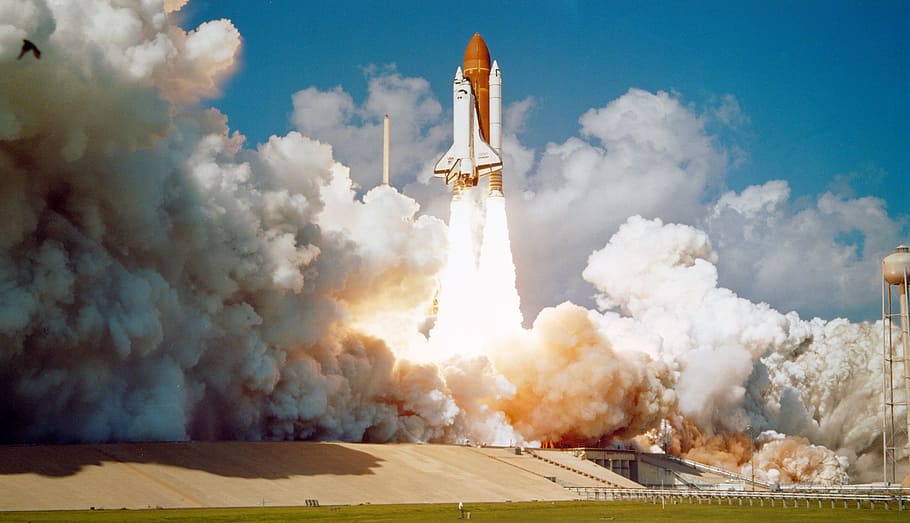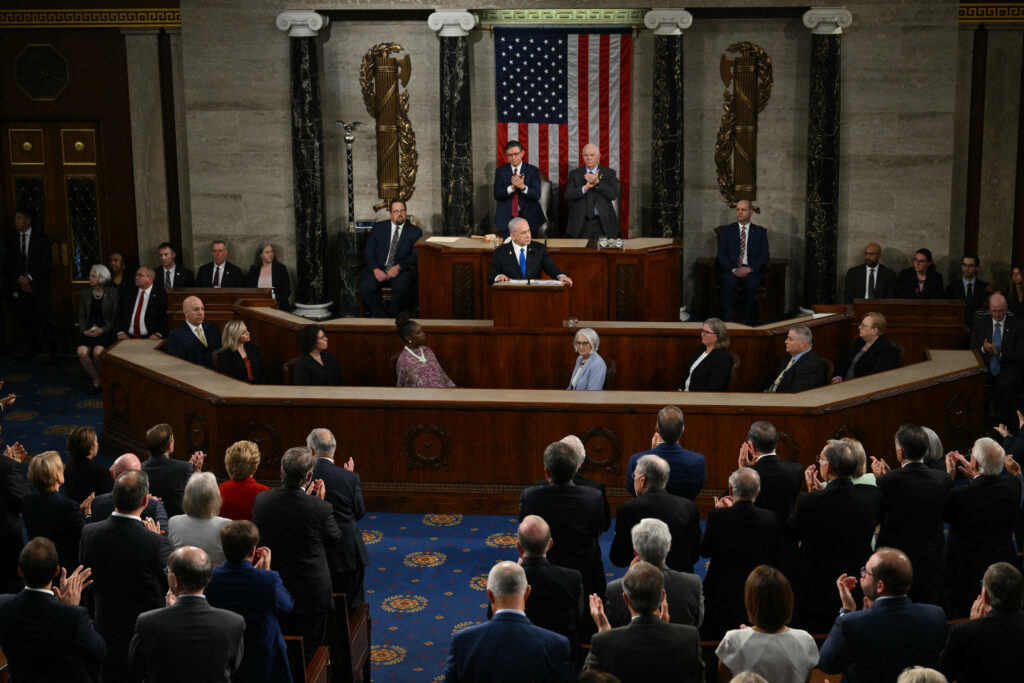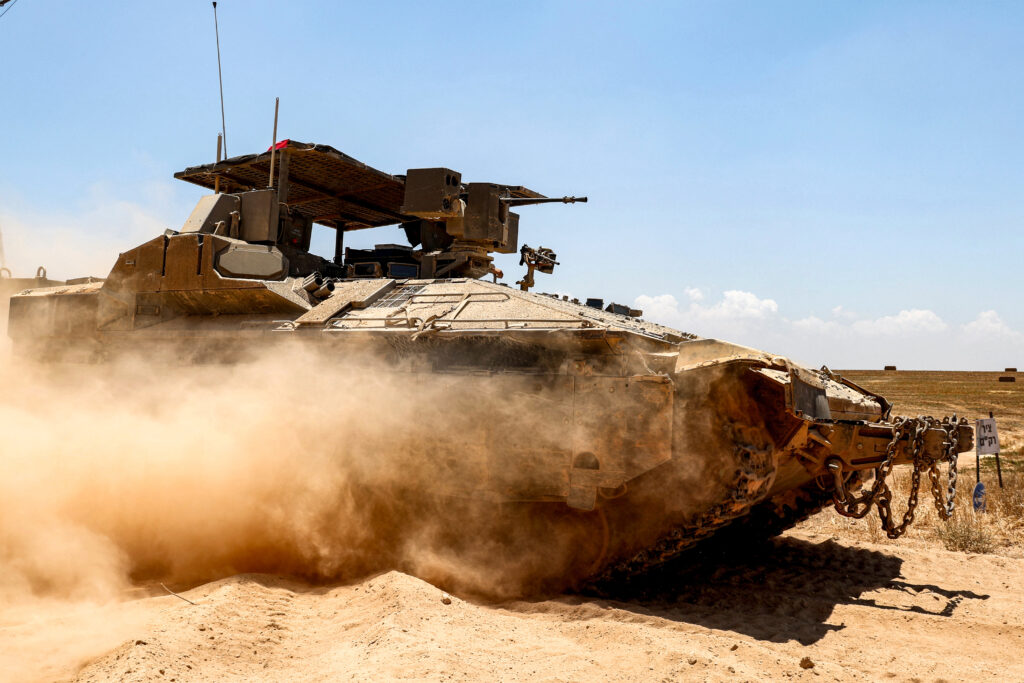UAE Taps Space Diplomacy for Earthly Benefits
- - August 3, 2020

By N Janardhan
Three Apollo 17 crew members visited the United Arab Emirates (UAE) in 1976, met the then-president, Sheikh Zayed bin Sultan Al Nahyan, and gifted him souvenirs. A similar meeting was held in 2019.
The difference was instead of Americans, Emirati astronauts Hazzaa Al Mansoori and Sultan Al Neyadi met the UAE leadership. The former, who made the UAE the world’s 40th space-faring nation, had returned from his Russian-aided orbit journey only days earlier.
The message accompanying the photograph read: “Yesterday, we witnessed the achievement of the world … Today, the world celebrates our achievements…”
If the third space foray by an Arab was a small step for the UAE, the launch of the Mars mission, or Hope orbiter, in July is a giant leap for its ambitious space programme. This is more pertinent because the time lag between the setting up the Mohammed Bin Rashid Space Centre in 2006 and launching this first Arab interplanetary operation was a short gestation period for this space-related metamorphosis.
Passion for scientific exploration could be the obvious explanation for such zest, especially since the timing of Hope reaching Mars coincides with the 50th anniversary of the federation in 2021. In 2017, the UAE also announced a 100-year goal of establishing a human colony on the Red Planet in 2117. But the fact that the UAE has launched a few satellites in collaboration with other countries during the last decade — one of them homemade — and is also building a simulated Mars Science City, reflects five more motivating factors for space diplomacy.
One, it indicates investment in a domain that has yielded the UAE rich dividends in the past — soft power. Prestige and competition are key factors conditioning the ongoing developments in West Asia, like the Cold War-era competition between the former Soviet Union and the United States, including the space race. The probe’s name — Al Amal or Hope — bolsters the UAE’s scientific and economic aspirations as a transitioning smart power and reinforces its regional power status.
When the extraterrestrial mission is complete, the UAE will be the fifth to achieve this feat after the United States, former Soviet Union, the European Union and India. The head of the UAE Space Agency, founded in 2014, underlined space as “the fourth domain of power”.
Simultaneously, it has a pan-Arab appeal too. To invoke past Arab and Islamic achievements in mathematics and astronomy, the launch countdown was in Arabic. This has encouraged Saudi Arabia — which established pan-Arab satellite operator Arabsat in 1976 and sent the first Arab astronaut to space in 1985 with American help — and Egypt to establish their own space agencies in 2018 and 2019, respectively.
(Among others in West Asia, Israel now has launch capabilities after establishing its space agency in the 1980s; Iran launched satellites with Russian help in the 1990s, launched its own after 2003 and graduated to space reconnaissance capabilities and testing military rockets; and Turkey entered the fray in 2018.)
Two, the UAE is using space diplomacy as an instrument of foreign assistance, like India’s 2017 South Asia satellite. The UAE established the first pan-Arab Space Coordination Group in 2019 by encouraging 11 Arab countries to develop “813”, an earth monitoring satellite “named after the year in which the famed Arab House of Knowledge reached its peak”.
Three, it is a 21st century diplomatic tool. While the United States and Russia are key partners, the UAE has expanded its ‘Look East’ policy beyond oil, trade and expatriates to include Asian allies in space collaboration — DubaiSat-1 in 2009 and DubaiSat-2 in 2013 with South Korea; India launched the UAE’s first nanosatellite, Nayif-1, in 2017; Japan aided KhalifaSat launch in 2018 and now Hope; and China is offering satellite-enabled 5G technology. (While China also sent its own mission to Mars in July, the United States is expected to launch another soon.)
Four, space programmes are being used to promote international commerce in science and technology. China is using satellite technology to create “a digital silk road, a silk road in cyberspace”; India is creating new markets by developing satellites and ground facilities for emerging countries; and Japan is striking a balance between commerce and security interests.
As part of its economic diversification plan, the UAE has announced an ambitious National Space Strategy 2030 and National Space Investment Plan to enhance this sector’s contribution to the economy. It is encouraging the transition to a knowledge-based economy by stimulating creativity and innovation among youth and developing human capacity.
To achieve this, it has launched new academic courses and fashioning global partnerships and investment opportunities with research, business and industrial institutions in space technology. This aligns with the UAE’s plan to integrate physical, digital and biological technologies as part of its fourth industrial revolution goals.
The global space industry is currently valued at about US$350 billion and expected to inch towards US$1 trillion by 2040, with private sector involvement. Further, with a market value of US$30 billion, about 6,000 small satellites may be launched globally by 2030. To tap this investment, research and collaboration potential, the UAE passed a federal law on regulation of the space sector in 2018.
The economic diversification-knowledge economy link is delivering encouraging results in a country with less than 10 million people (85 per cent expatriates). The Hope team achieved its goal from conception to execution in six years with the help of 200 Emiratis — 34 per cent of them women and headed by a woman minister for advanced sciences. The UAE is already scouting for its next set of astronauts, due to be announced in 2021.
Last, space diplomacy is being used for the governance of shared global commons — especially managing increasing satellite debris and space militarisation. With the possibility of Mars serving as Plan(et) B, the UAE has stressed that the Martian atmosphere will help understand Earth better. Its mission aims to understand the reasons for lower atmospheric pressure on Mars, dealing with regional dust storms and global climate change.
All these factors make space no longer the preserve of just ‘great’ powers. As UAE’s ambassador to the United States Yousef Al Otaiba said: “For the UAE, the Mars mission is the Arab world’s version of US president John F Kennedy’s moon shot…”
What next — a space ambassador?!
About the Author
Dr N Janardhan is a senior research fellow, Gulf–Asia Programme, Emirates Diplomatic Academy.
Image caption: A space shuttle lift off. Photo: shared via Wallpaper Flare
More in This Series
More in This Series
- Jean-Loup Samaan
- - July 11, 2024
- Aisha Al-Sarihi, Ehsan Rasoulinezhad, Jinseok Sung
- - June 20, 2024








